Архив виртуальной выставки
за декабрь 2022 г.
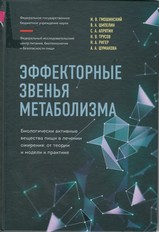 | 616-056.25:615.874:577.121
|
В издании рассматриваются вопросы установления эффекторных звеньев метаболизма при алиментарно-зависимых заболеваниях (ожирении, метаболическом синдроме) в экспериментах с использованием in vivo моделей у лабораторных животных (крыс и мышей). Представлена сводка данных литературы о геномных, транскриптомных, протеомных и метаболомных (метаболических) биомаркерах нарушений обменных процессов при алиментарно-зависимых заболеваниях, рассмотрена роль нейромедиаторов и нейропептидов в регуляции пищевого поведения, чувства голода и насышения. Приведены сведения о современных in vivo моделях ожирения и метаболического синдрома у генетически модифицированных, мутантных линий крыс и мышей, а также у животных стандартных линий, получающих гиперкалорийные рационы. Изложены методы анализа постгеномных маркеров ожирения и метаболического синдрома в эксперименте. Представлены результаты собственных исследований по оценке влияния биологически-активных веществ пищи (кверцетина, ресвератрола, ароматических аминокислот) на эффекторные звенья метаболизма при генетически-детерминированном и диет-индуцированном ожирении на in vivo моделях. |
|
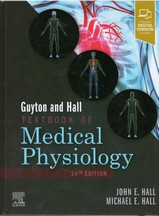 | 612(075.8)
|
Known for its clear presentation style, single-author voice, and focus on content most relevant to clinical and pre-clinical students, Guyton and Hall Textbook of Medical Physiology, 14th Edition, employs a distinctive format to ensure maximum learning and retention of complex concepts. A larger font size emphasizes core information, while supporting information, including clinical examples, are detailed in smaller font and highlighted in pale blue – making it easy to quickly skim the essential text or pursue more in-depth study. This two-tone approach, along with other outstanding features, makes this bestselling text a favorite of students worldwide. |
|
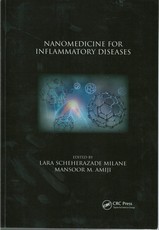 | 616-002:620.3
|
Nanomedicine for Inflammatory Diseases is a cutting-edge resource for clinicians and scientists alike, working at the intersection of development and clinical therapeutics. This text is ideal for graduate level courses in nanomedicine, translational medicine, or inflammatory disease. This book is a progressive hallmark in translational medicine as it unites clinicians treating inflammatory disease with scientists developing experimental nanomedicine therapeutics. The commonality is made through a translational nanomedicine expert – bridging the gap between the laboratory benchtop and the clinical bedside. |
|
 | 612.017.1:615.874.2:616-022.7
|
Both nutrition deficiency and overnutrition can have a significant effect on the risk of infection. Nutrition, Immunity, and Infection focuses on the influence of diet on the immune system and how altering one’s diet helps prevent and treat infections and chronic diseases. This book reviews basic immunology and discusses changes in immune function throughout the life course. It features comprehensive chapters on obesity and the role of immune cells in adipose tissue; undernutrition and malnutrition; infant immune maturation; pre- and probiotics; mechanisms of immune regulation by various vitamins and minerals; nutrition and the aging immune system; nutrition interactions with environmental stress; and immunity in the global health arena.
|
|
Вернуться на список выставок












 Скачать PDF-версию выставки
Скачать PDF-версию выставки +375 152 446802
+375 152 446802
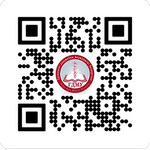




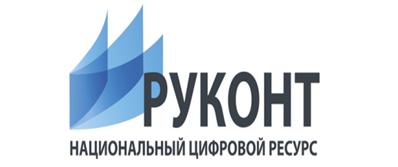
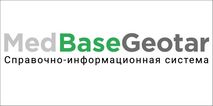
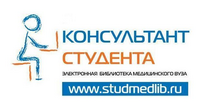
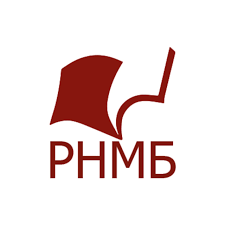
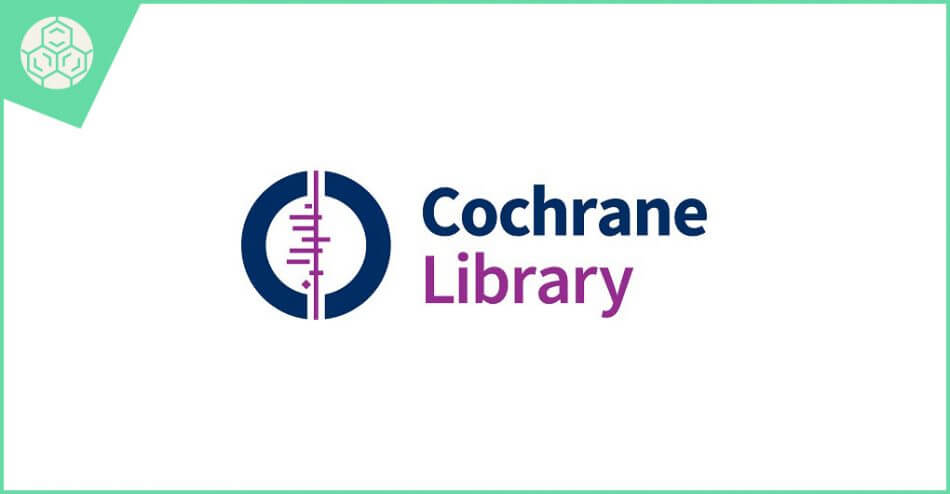








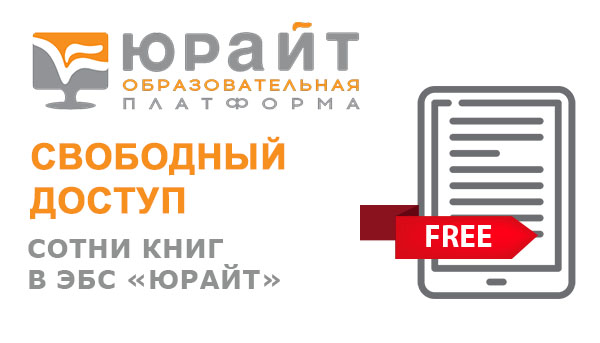





























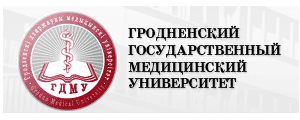





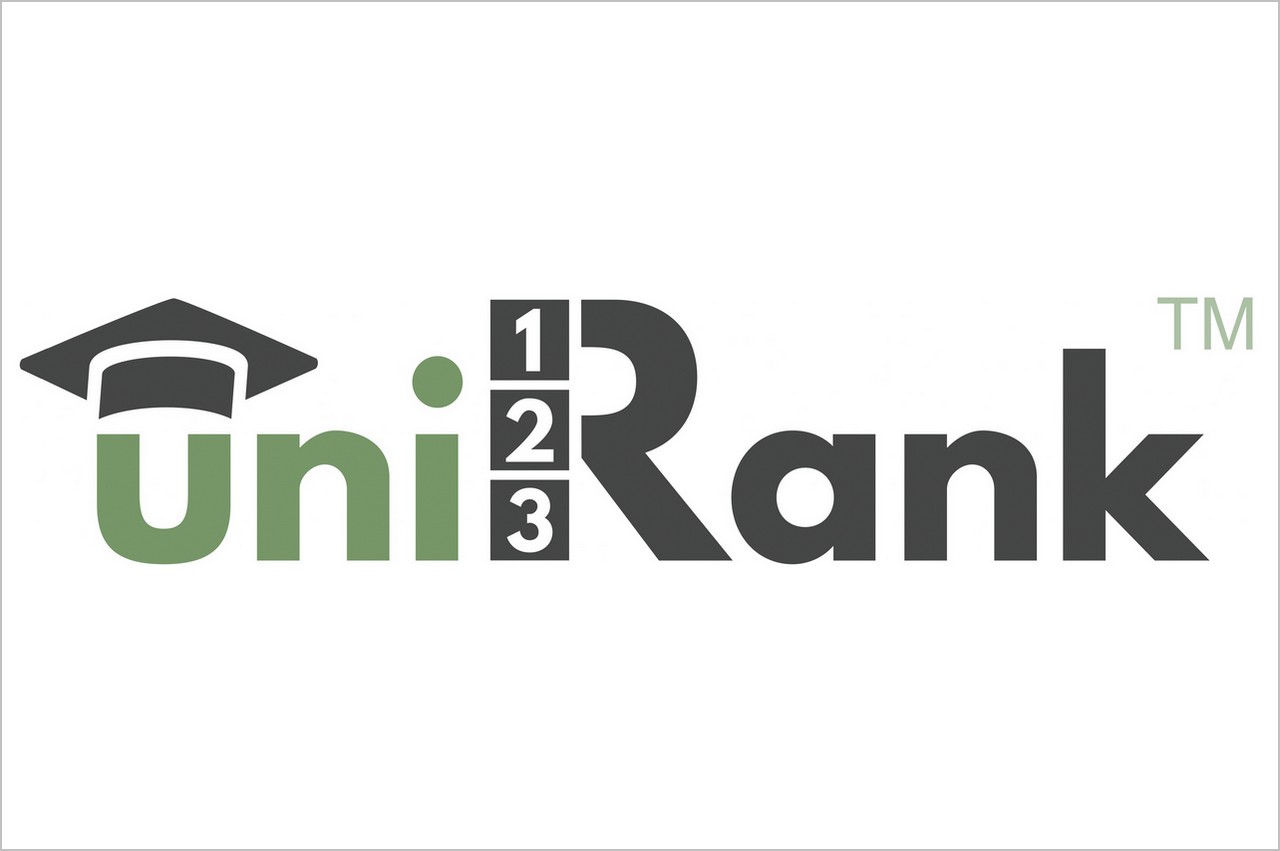





 Объединенная научная библиотека ГрГМУ
Объединенная научная библиотека ГрГМУ